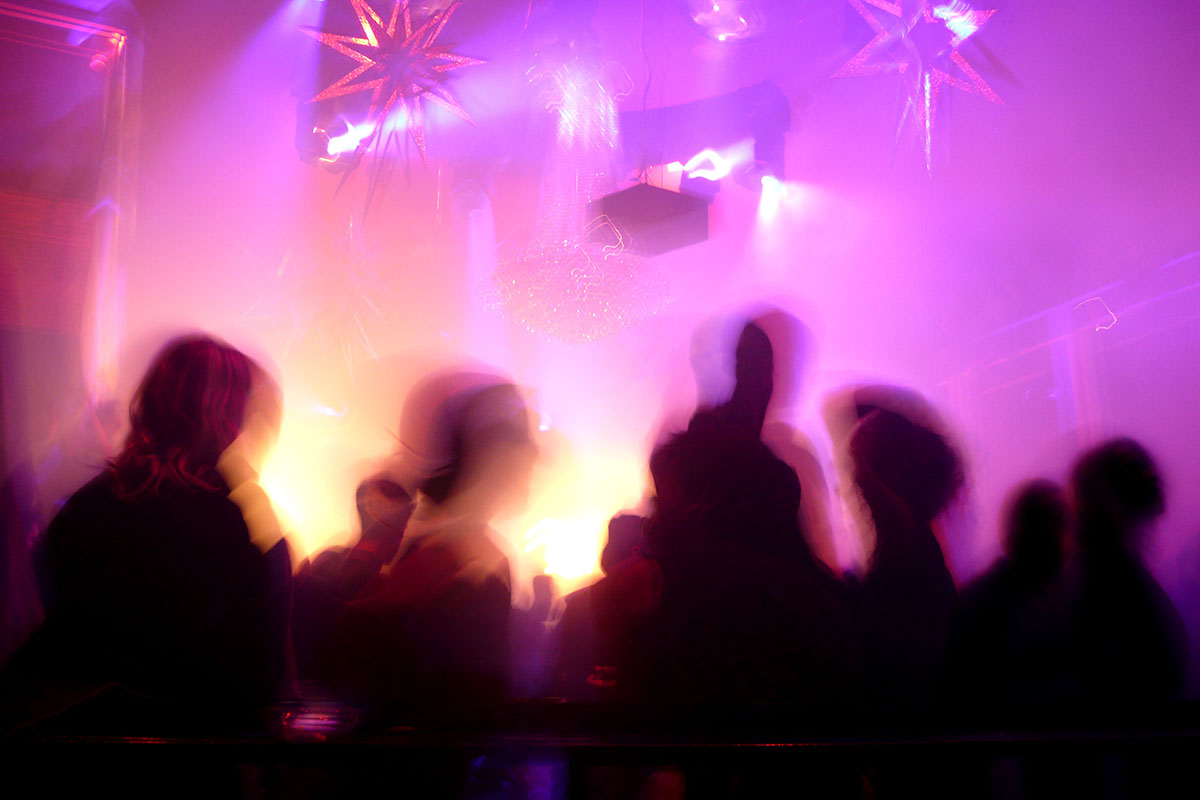Last popular in the 1990s and early 2000s, gamma-hydroxybutyric acid (GHB) has made an appearance back on the party scene as a recreational drug. Taken in small doses, this substance causes feelings of relaxation and euphoria and an increase in sociability, which can make it appealing in social settings. However, GHB can also be incredibly dangerous and even addictive. Illicitly produced GHB can vary in concentration, making it difficult for the user to know exactly how much they are ingesting.
Learn more about the dangers of gamma-hydroxybutyric acid and where to seek treatment for substance abuse.
What Is Gamma-Hydroxybutyric Acid?
Gamma-hydroxybutyric acid is a substance that occurs naturally in the body. While it was once used as an anesthetic for surgery in the 1960s, it also has been used recreationally for some time. In the 1990s, the drug became popular in nightclubs and raves.
In small doses, GHB users can experience feelings of euphoria. Illicitly produced and sold GHB is often marketed as a hallucinogen, and is taken by mixing it with a liquid. It’s often called a “date-rape drug” because it can be easily mixed into a drink and can cause feelings of confusion, sexual arousal, and even a loss of consciousness.
Recently, GHB has returned to the party scene after losing popularity for a number of years. One chemical which is a similar formation to GHB, called BDO, has even been sold online through marketplaces like Amazon and Walmart until recent crackdowns by the DEA.
While taking any substance a purpose other than prescribed is risky, ingesting GHB can be especially dangerous. Illicitly produced GHB can be incredibly concentrated, and the difference of a few drops can be fatal.
Why Gamma-Hydroxybutyric Acid Is Dangerous
Since gamma-hydroxybutyric acid is often used as a party drug, some users will mix it with other substances like alcohol or opioids. GHB is a depressant, meaning that it slows down the nervous system, and if mixed with other depressants, this can be fatal.
When an individual overdoses on gamma-hydroxybutyric acid, they can experience hallucinations, amnesia, or lose consciousness. They should receive immediate medical attention upon losing consciousness.
GHB abuse has also disproportionately impacted the LGBTQ community in the past few years. For those who are in this community and struggling with GHB abuse or addiction, it’s important to reach out to an addiction treatment center that has experience in working with LGBTQ clients.
It’s also vital to go through GHB detox in a medical detox program. The symptoms of GHB withdrawal can include the following:
- Anxiety and restlessness
- Insomnia
- Nausea and vomiting
- Tremors
- High blood pressure
- Increased heart rate
- Confusion
- Hallucinations
Without medical care during detox, these symptoms can be dangerous. Contact an addiction treatment center for help with gamma-hydroxybutyric acid abuse today.
Treatment for Substance Abuse at Westwind Recovery®
Acknowledging that you need help with substance abuse can be a difficult decision. However, at Westwind Recovery®, we work to make your experience in addiction treatment stress-free. If you are struggling with gamma-hydroxybutyric acid abuse, our team can help. We have experience in treating this specific issue and can provide targeted treatment to help you reach your goals. At Westwind Recovery®, we offer a high level of care through a number of comprehensive treatment programs. From detox to aftercare planning, you’ll find support and encouragement for every step of your journey. We combine evidence-based treatment modalities with holistic therapy and medical support. Our treatment programs include:
- LGBTQ-specific treatment
- Detox center services
- Inpatient treatment programs
- Outpatient program
- Sober living program
Learn more about treatment for gamma-hydroxybutyric acid abuse and how our detox programs can help you get started on the road to recovery. It can be dangerous to detox alone, but with the help of our medical team and compassionate therapists, you can begin to rebuild your life safely. Don’t hesitate to reach out today.
Contact Westwind Recovery® at 855.340.8832 to learn more.

Dr. Deena is the Chief Clinical Officer of Westwind Recovery®, an award-winning outpatient treatment center in Los Angeles where she oversees the clinical and administrative program and treatment methods. Dr. Deena is a doctor of psychology and licensed clinical social worker since 1993. LCSW #20628. Originally from the East Coast, Dr. Deena has worked running treatment centers, worked as a therapist in psychiatric hospitals as well as school settings and currently has a thriving private practice in the LA area. Dr. Deena has appeared regularly on the Dr. Phil Show as an expert since 2003. She has also been featured on many other TV shows, podcasts and has contributed to written publications as well as podcasts.




